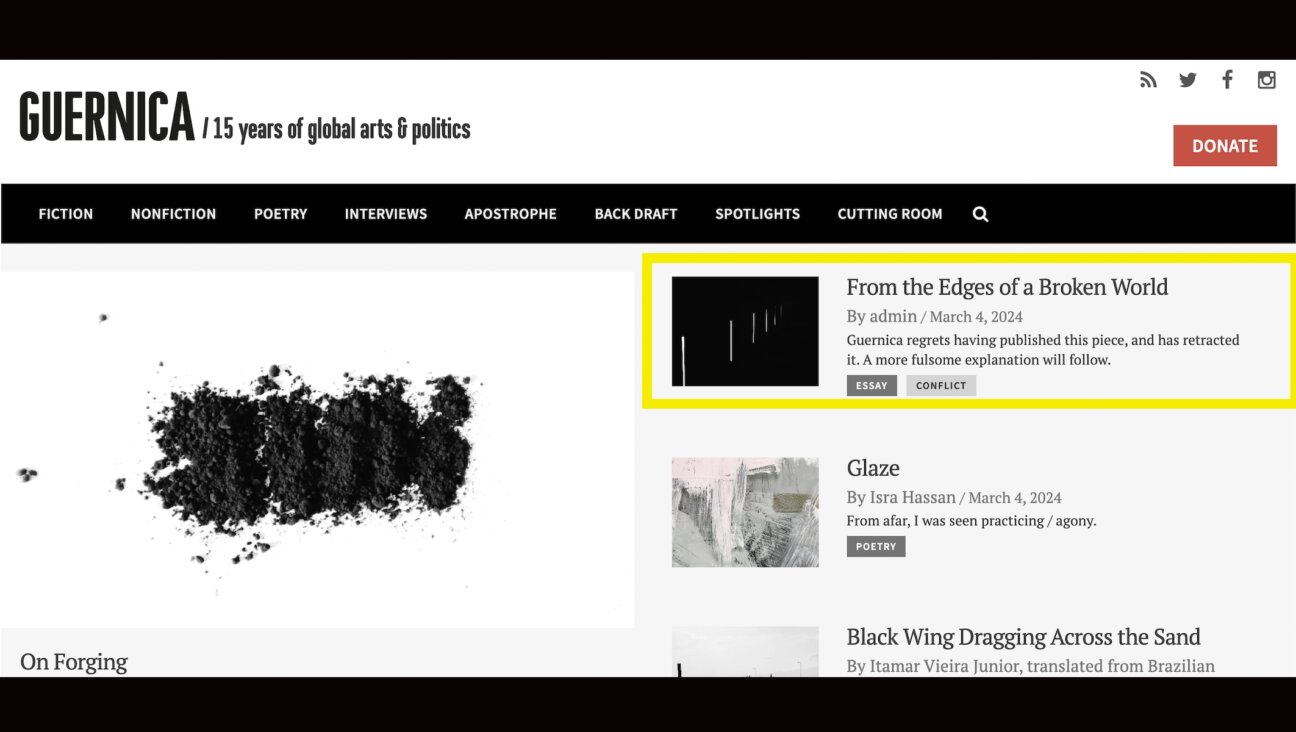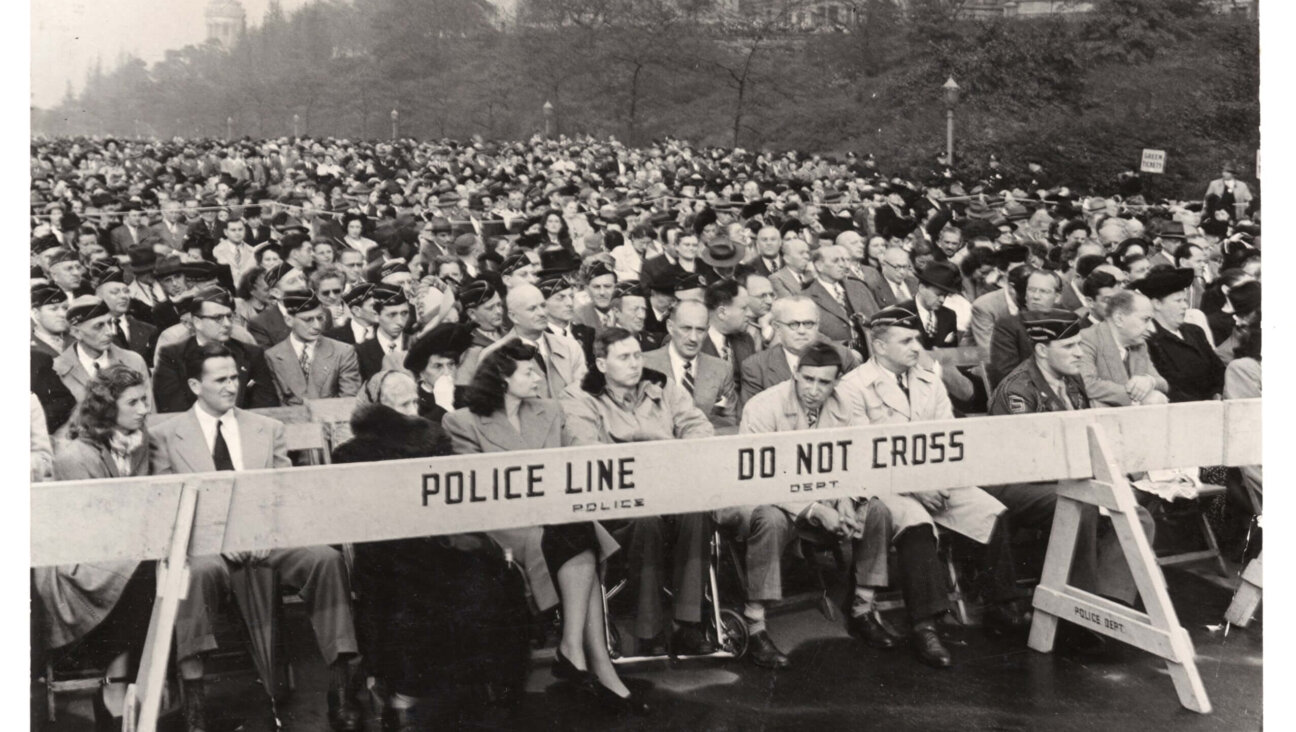No Justice, No Peace
Harsh things have been said about the new document on antisemitism issued this month by the Presbyterian Church (U.S.A.), “Vigilance Against Anti-Jewish Bias in the Pursuit of Israeli-Palestinian Peace.” The document is a revised version of a church draft completed just a month earlier, following months of discussion with Jewish agencies. But where the first draft was praised by Jewish scholars as an important step in fighting antisemitism, the new one has been called “bait and switch” and “a new low point in Presbyterian-Jewish relations.”
Given the document’s goal of civility in intergroup exchange, the criticisms might seem overblown. Alas, a careful comparison of the two drafts suggests that the complaints are more than justified.
The earlier draft, tellingly titled “Vigilance Against Anti-Jewish Ideas and Bias,” is a straightforward effort to help Presbyterians understand the blurry line between criticism of Israel and anti-Jewish bigotry. In effect, it’s an extension of earlier church teachings on antisemitism, spotlighting ways it can infect Middle East debate. The second document, by contrast, is essentially a guidebook for critics of Israel, offering helpful advice on how to avoid language that irritates Jews.
Thus, for example, the first version notes the frequent use by Palestinian Christians of the metaphor of “crucifixion” to describe Palestinian suffering. The draft calls the imagery “troubling in its demonization of Israel and the Jewish people and its echoes of ancient Christian anti-Judaism.” The second version simply says the comparison will be “construed” by Jews as an “echo” of classic antisemitism. Not that it is problematic, but that Jews will think it is.
Similarly, the first version recalls that the Bible’s narratives are not only a metaphor for universal human experience, but also specific stories of the Jewish people, such as the Exodus from Egypt and the promise of the Holy Land. The second version hastens to add that this “is not to condone an interpretation of the Bible as providing a blueprint for the modern state of Israel.” The first version notes that in twisted descriptions of Zionism, “the problems and suffering of the Palestinians are attributed solely — and inaccurately — to Zionism alone.” The new version removes the words “and inaccurately.”
What’s most troubling about the new “Vigilance” draft, though, is its fundamental shift of church priorities in relating to Jews and Judaism. The first draft is a document about the church’s duty to root out antisemitism, and Middle East debate is the latest arena in which the problem crops up. In the second version, the church’s initial “calling” is to work for “justice and peace” (in that order) in the Middle East, and “anti-Jewish bias” is explicitly dropped to second place, an annoyance that can get in the way of job one.
If that’s where our interfaith dialogue has gotten to, it’s time to go back to square one and get things straight.

I hope you appreciated this article. Before you go, I’d like to ask you to please support the Forward’s award-winning journalism this Passover.
In this age of misinformation, our work is needed like never before. We report on the news that matters most to American Jews, driven by truth, not ideology.
At a time when newsrooms are closing or cutting back, the Forward has removed its paywall. That means for the first time in our 126-year history, Forward journalism is free to everyone, everywhere. With an ongoing war, rising antisemitism, and a flood of disinformation that may affect the upcoming election, we believe that free and open access to Jewish journalism is imperative.
Readers like you make it all possible. Right now, we’re in the middle of our Passover Pledge Drive and we need 500 people to step up and make a gift to sustain our trustworthy, independent journalism.
Make a gift of any size and become a Forward member today. You’ll support our mission to tell the American Jewish story fully and fairly.
— Rachel Fishman Feddersen, Publisher and CEO
Join our mission to tell the Jewish story fully and fairly.
Our Goal: 500 gifts during our Passover Pledge Drive!
























